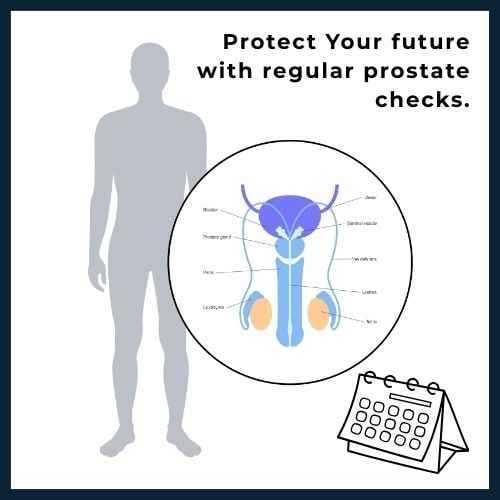
All Men Need Prostate Health Screenings
Prostate cancer is one of the most common cancers in men. When you reach 50 - or sooner if you have risk factors - talk with your doctor about getting checked. A PSA blood test and a digital rectal exam catch issues early so treatments work better. And if prostate cancer runs in your family, don't skip regular screenings; they're very important.

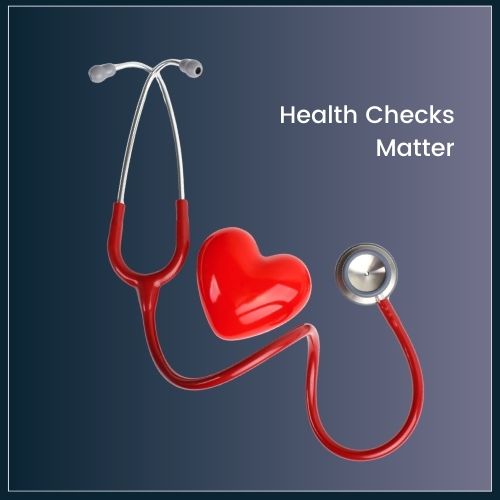
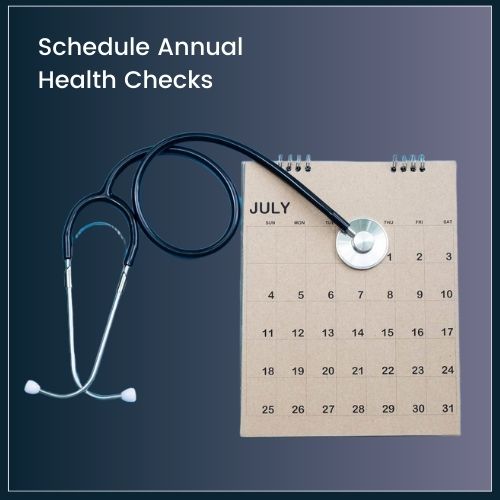
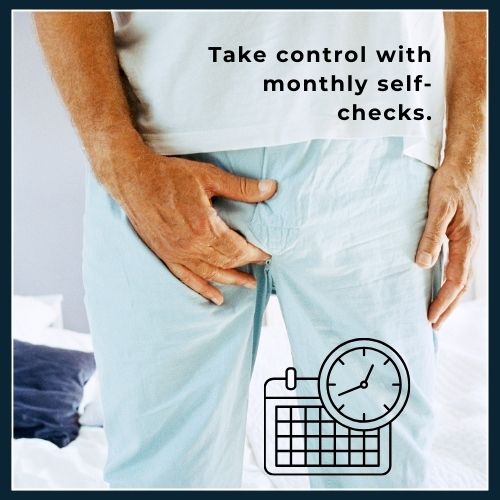
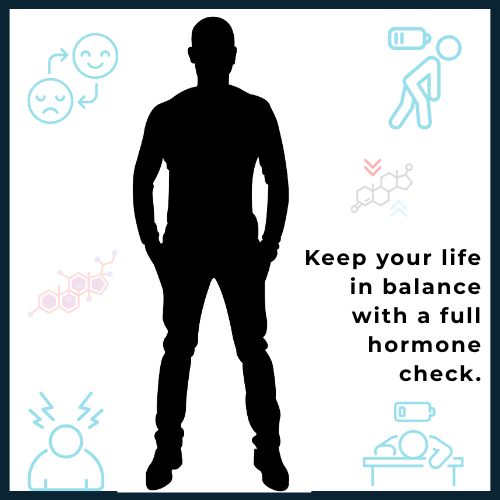
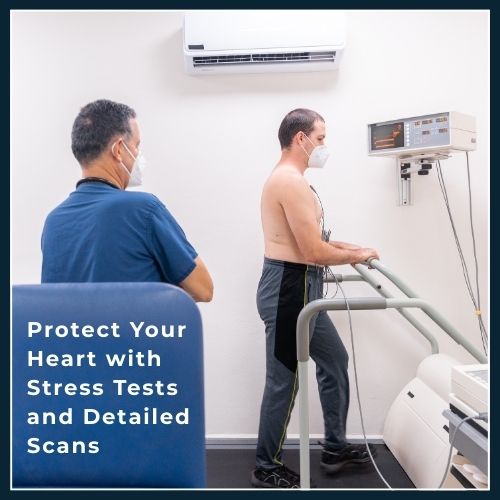


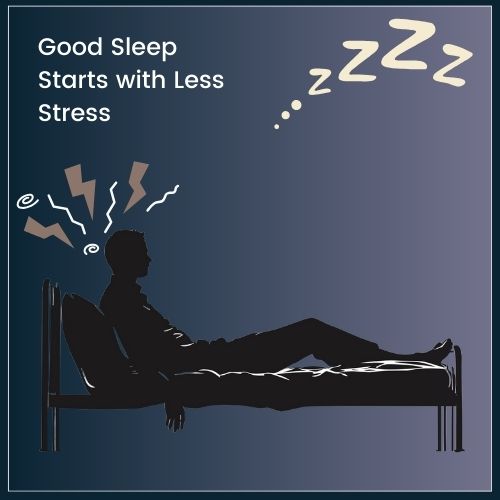
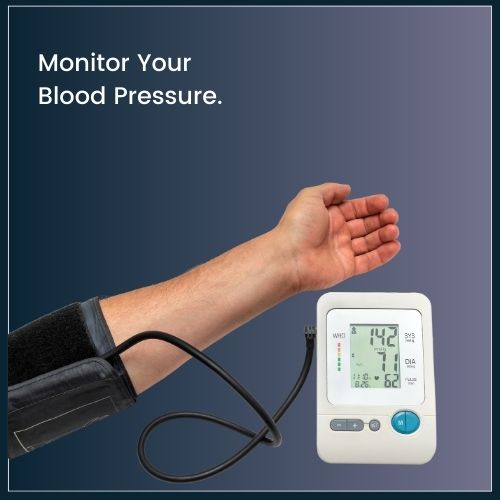
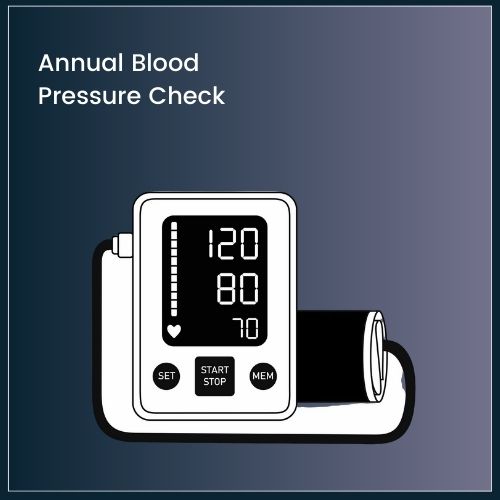
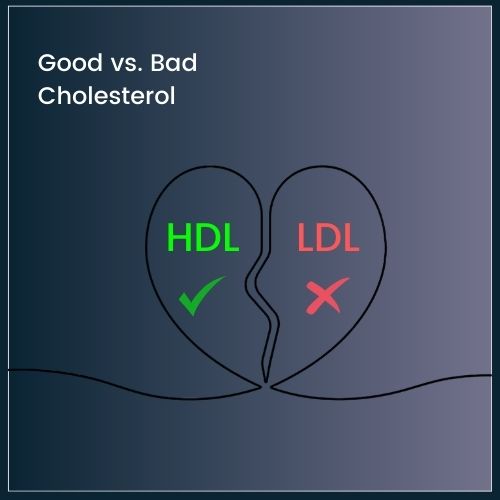
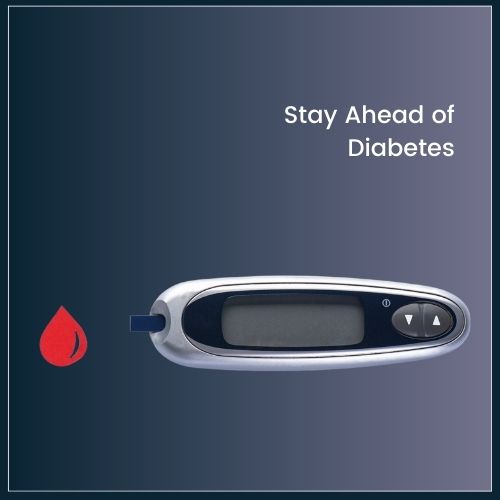
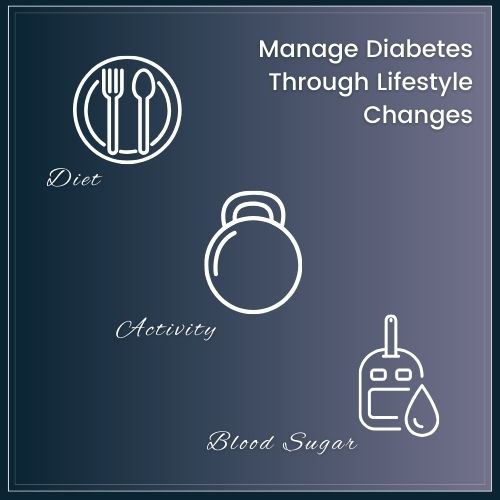


I used to think regular health checks were only necessary when something felt off, but after a friend caught a serious issue early through a routine screening, my perspective completely changed. It's easy to ignore preventive care when you feel fine, but those quiet indicators can be life-saving. I've since made annual checkups a non-negotiable part of my routine, even when everything seems okay. It’s interesting how cultural attitudes around masculinity sometimes discourage men from being proactive with their health. Breaking that mindset has been one of the most valuable shifts I’ve made. Prevention really does beat reaction.
Your friend's story is a typical example of how important regular health checks are. When you feel fine is often when hidden issues can be caught early enough to fix. That's why 'I feel fine' isn't a reason to skip them. It's true, so many guys think going to the doctor means that they're being weak. Very Suave of you for breaking out of that mindset.
The MaleSuave Team
This was a truly enlightening read! Your breakdown of essential health screenings for men was both informative and approachable. I especially appreciated the emphasis on mental health—it's a topic that's often overlooked but so crucial. The reminder that regular check-ups can lead to early detection and better outcomes really hit home for me. Do you have any tips for initiating conversations about these screenings with friends or family who might be hesitant? Thanks for shedding light on such an important subject!
This article really opened my eyes to the importance of regular health screenings. I used to think that if I felt fine, there was no need to see a doctor, but your breakdown of essential checks—like prostate exams, hormone levels, and cardiovascular screenings—made me realize how proactive care can prevent serious issues down the line. The emphasis on mental health was particularly impactful; it's a reminder that taking care of our minds is just as crucial as our bodies. Thanks for shedding light on this topic and encouraging men to take charge of their health!
Thanks Bob, we're really glad that point stood out.
Mental health conversations are not easy, especially when someone’s defensive about it. It's best not to lecture, instead mention your own experience or share a story, rather than telling them what to do. It helps them see it as normal, not a criticism - just a way for them to survive the chaos of life.
The MaleSuave Team